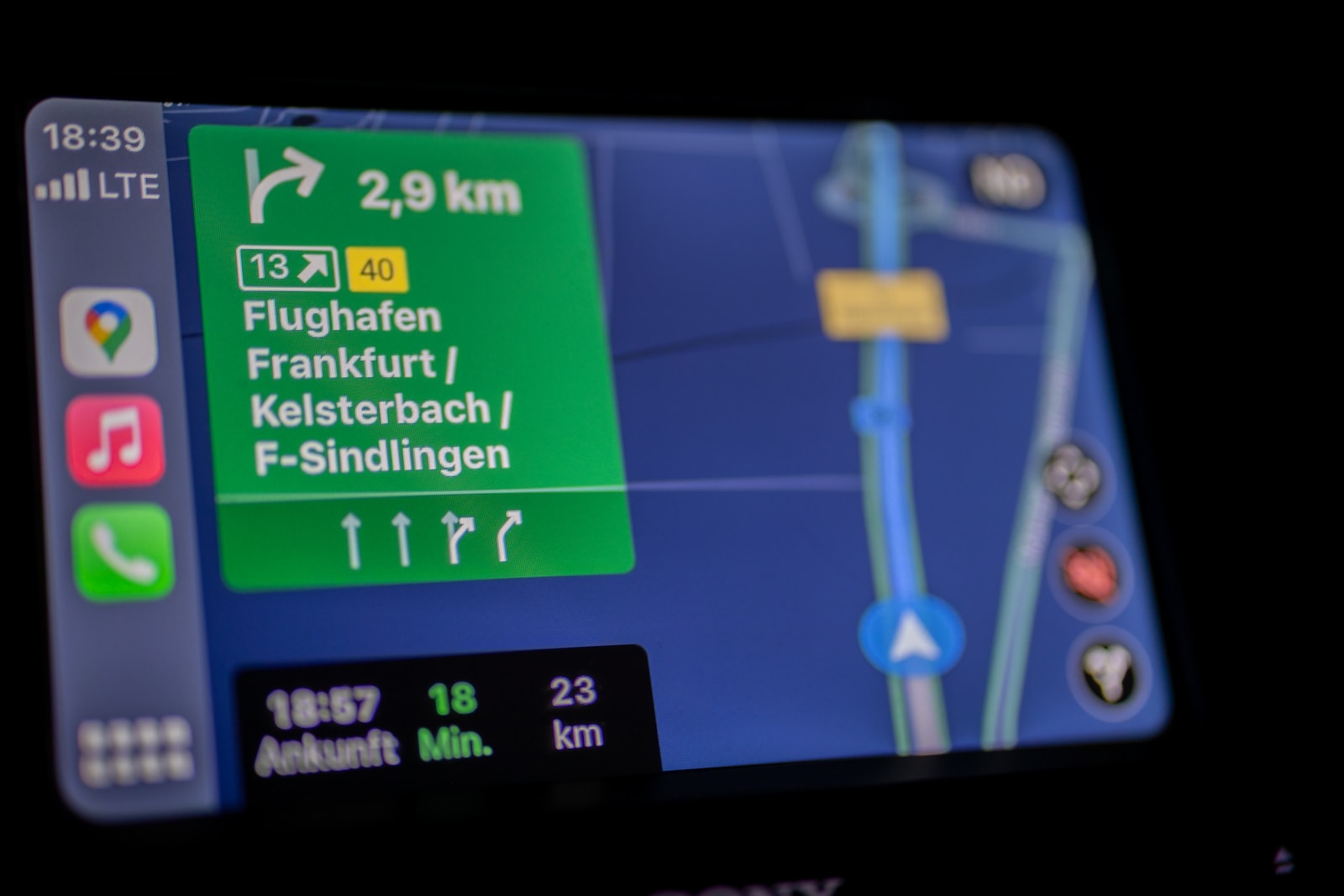Contents Show
A speed limit on German autobahns is a controversial issue, generating both supporters and opponents. While some see the introduction of a speed limit as an effective measure to reduce CO2 emissions, others argue that it restricts drivers' individual freedom and would have little impact on the environment. In this article we will take a detailed look at the impact of a speed limit on CO2 emissions in Germany and also take legal aspects into account.*
Study by the Federal Environment Agency confirms: speed limit reduces CO2 emissions
An current study by the Federal Environment Agency shows that the introduction of a speed limit on German autobahns could lead to significant CO2 savings. By limiting the speed to 130 km/h, for example, around 2,2 million tons of CO2 could be saved each year. This results from reduced fuel consumption and more efficient use of vehicles. A speed limit would also have a positive impact on air quality, since harmful emissions such as nitrogen oxides would also be reduced.
Experiences from other countries show the benefits of a speed limit
Other countries that have already introduced a speed limit on their motorways can serve as best practice examples. countries like France, the Netherlands and Sweden have significantly reduced the speed limit by introducing a speed limit fuel consumption and the emissions achieved. Studies also show that a speed limit improves road safety, as accidents at high speeds occur less frequently.
Speed limits and the German automotive industry: A legal assessment
It is important to consider the legal aspects of a speed limit on German autobahns. There is currently no general speed limit on motorways in Germany. However, the Road Traffic Act (StVO) allows speed limits to be set on certain sections of the motorway for reasons of road safety or the Environmental protection. Given the proven impact on CO2 emissions, a speed limit can therefore be considered a legally justifiable measure to mitigate climate change.
The importance of a speed limit for CO2 savings
A common counter-argument against a speed limit is the assumption that modern vehicles are already efficient enough and that a speed limit would therefore have no significant impact on CO2 emissions. However, this point of view does not take into account the cumulative effect of a large number of vehicles on the highways. By allowing all vehicles on a given route their Speed reduce, the overall CO2 emissions are significantly reduced. It is important to emphasize that a speed limit should only be one of many measures to reduce CO2 emissions in the transport sector. Public transport, promoting alternative fuels and improving vehicle efficiency are also crucial.
Conclusion: speed limit as a contribution to climate protection
The introduction of a speed limit on German autobahns could result in significant CO2 savings. The studies and experiences of other countries suggest that a speed limit offers ecological and safety advantages. From a legal point of view, the introduction of a speed limit on motorways in Germany is also possible. However, a speed limit should be seen as part of a comprehensive package of measures to make the transport sector more sustainable. Further research and discussion is needed to fully understand the impact and implementation options of a speed limit on German autobahns. A balanced approach that takes into account individual mobility, environmental aspects and the traffic safety considered is crucial to making an informed decision. A speed limit can make an important contribution to Climate protection and contribute to realizing more sustainable mobility in Germany.









